How to Prepare for a Television Interview
BONUS FREEBIE: Your message deserves the media’s attention. So how do you get out there in a bigger way? I’ve got you covered. CLICK HERE to grab my free “Checklist to Become a Go-To Media Expert.”
As a TV producer for nearly two decades, I’ve interviewed lots of experts.
I began to get a pretty good idea of when someone had prepared for an interview and when they thought they could just ‘wing it’.
Here’s something to remember – this isn’t always dictated by the amount of experience the expert has at their craft. Just because you know your stuff doesn’t mean you’ll be able to translate it succinctly and effectively in the media.
As you can imagine, I’ve always been a firm believer in the importance of being prepared.
Now that I’m a media trainer and strategist I practice what I preach and I try to be a good example of what’s possible for my clients.
And I do that by doing a lot of media myself too!
I pitched myself to the show that I used to work on for years and I was recently interviewed to discuss my new book, Listful Living: A List-Making Journey to a Less Stressed You.
Given my history with the show I felt it was super important to 100% nail this interview.
This is the finished product if you’re interested but here’s how I prepped for it:
Be Your Own Producer – The first thing I did after landing this interview was to start producing it. I know – old habits die hard! You need to be doing this too.
I came up with a list of questions that I thought would make for an interesting segment. Then I worked on coming up with clear and concise answers for each.
I know the interviewer will not always ask you every question you prep for but once you have your general talking points in mind it almost doesn’t matter what questions they ask you.
Often my media training clients will say “oh the host didn’t ask good questions.” and I always say, “no, you didn’t have good answers.”
As it turns out, in my segment none of my recommended questions were used! But I was ready for this and was able to maintain a conversational style while still using some of my pre-planned answers.
Watch the show – Now here’s where I had a big advantage over most interviewees – I knew this show inside and out. I’ve produced it, I’ve written the scripts and I’ve directed the anchor.
However, I’ve done other TV interviews with shows I’m not as familiar with and I always make a point to watch them prior to my appearance.
Make notes on how the host asks questions – are they direct? Playful?
Do they start to cut off answers that go to long or do they allow their guest to talk?
For instance, a media-training client of mine was booked as a guest on CBS This Morning with Gayle King to talk about her recent book. We watched a bunch of segments to see how Gayle asked questions. We noticed that she would often read the first few sentences from an author’s book and ask why they’d written it that way.
So we went back to the first few lines of her book and prepared for that question incase it came up.
Knowing this information can help you adjust your answering style to be more in line with them. Watching the show also helps you familiarize with the environment, so you’ll feel more comfortable on the day. You’ll also see if you’re entire body will be shown on camera so you’ll know how to dress properly.
Practice on camera – Once I had my written down my answers and really refined them based on my talking points, I shot video of me answering each question. It doesn’t have to be a complicated setup. I used my iPhone, which has great quality actually.
The key here is to practice delivering the lines. Then you have to watch the video back. I know this part isn’t always easy at first. I sit with my media-training clients and we watch together and go over what went well and what could be improved.
It’s the only way to see what your tendencies are and how to tighten up your answers to be most powerful. Now is the time to iron all those things out.
Should you smile more? (I bet I’d say yes – see what I told my client here.)
Or maybe there’s a sentence that’s too wordy? Or you meander around the answers.
Do you say “um” or “basically” or “so” a lot? If you do, you’re not alone.
Here’s a pro tip: When you know you say one of those filler words – catch yourself in the moment and simply pause. That will help to eliminate the habit.
Also it’s helpful to get into the habit of hearing yourself speak so you can remember what you want to say. Sometimes when I’m preparing for a speech I’ll record it into my phone just how I want to say it and then listen to it over and over again.
Here’s how my segment turned out. I felt prepared and able to go with the flow in the moment.
I’d love to help you prepare for media interviews or to produce your own video content. Apply for a media strategy session here and let’s see if it’s a fit.
BONUS FREEBIE: Your message deserves the media’s attention. So how do you get out there in a bigger way? I’ve got you covered. CLICK HERE to grab my free “Checklist to Become a Go-To Media Expert.”

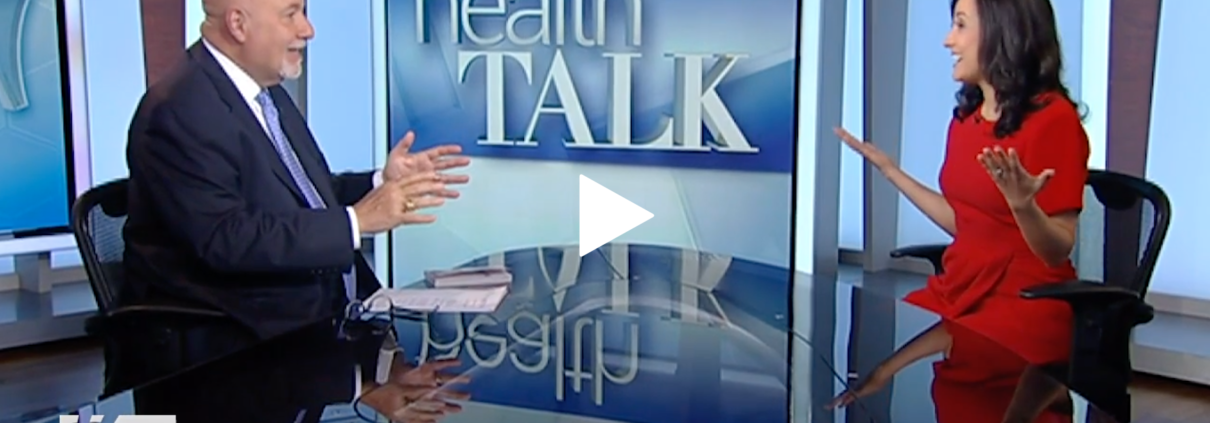
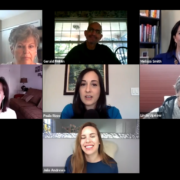
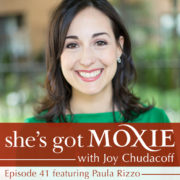
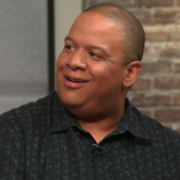
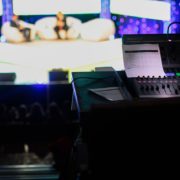


Leave a Reply
Want to join the discussion?Feel free to contribute!